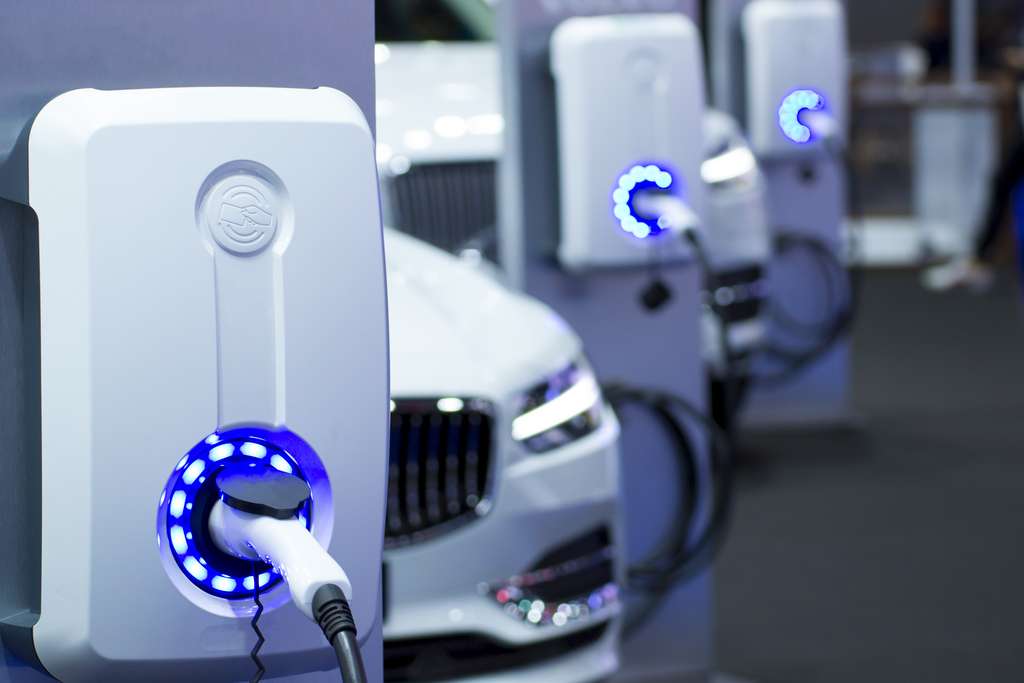Samsung is currently working on a battery that can deliver 800 kilometers of autonomy to electric cars. The technology could extend its lifespan up to 1,000 cycles.
When it comes to batteries, not a month goes by without the announcement of a new technology. Some are promising. This is particularly the case for technologies based on sodium-ion, lithium-sulfur, and semiconductor-based batteries.
It is from this latter technology that at Samsung, researchers from SAIT ( Samsung Advanced Institute of Technology ) and the manufacturer’s R&D center have developed a battery dedicated to electric vehicles . By replacing the liquid electrolyte with solid semiconductors, the battery could allow its vehicle to reach a range 800 kilometers on a single charge.
Even better, the battery should be able to withstand 1,000 charge cycles, or the equivalent of 800,000 kilometers by extrapolating. The advantage of the technology is that it makes it possible to densify the number of cells to store 50% more energy on the same surface as current batteries.

Double your autonomy
This technology is all the more “revolutionary” according to Samsung, that it solves one of the main concerns of batteries: the formation of dendrite . This phenomenon, which produces crystals that accumulate on the anodes of lithium significantly reduced the duration of life of the battery and increases the risk of fire. To eliminate this dendrite, scientists added a five- micron silver-carbon composite layer .
This process is not new. Futura has already mentioned work on the subject, from researchers at Stanford University and the Slac National Accelerator Laboratory in the United States. In the case of Samsung, the thinness of the composite material also contributes to reducing the thickness of the anode and increasing the energy density up to 900 Wh / L. As always, in the field of research on batteries, if the prototype of Samsung seems really promising, nothing says that it will be industrialized one day.